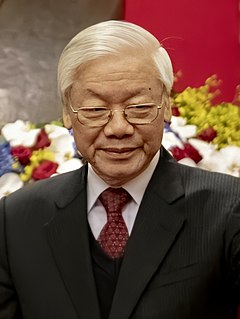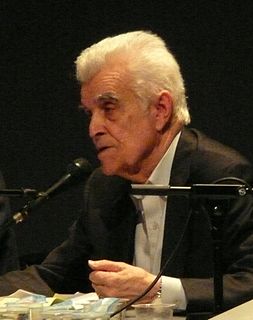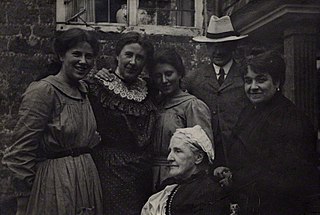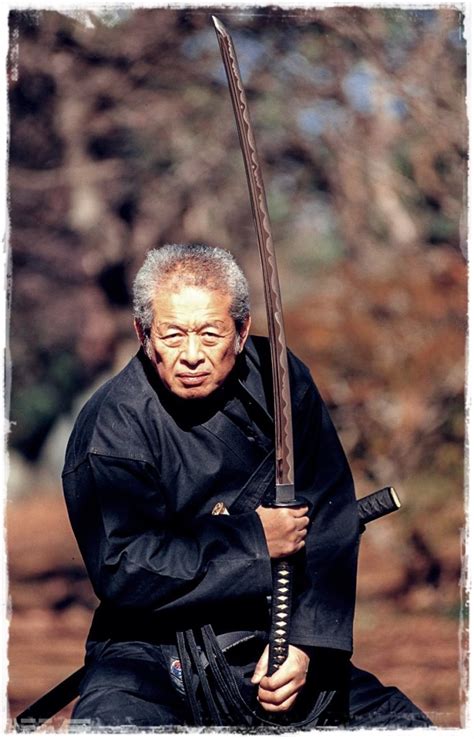A Quote by Dalai Lama
I feel that we should not only maintain gentle, peaceful relations with our fellow human beings bur also that is very important to extend the same kind of attitude toward the natural environment.
Related Quotes
Our environment, the world in which we live and work, is a mirror of our attitude and expectations. If we feel that our environment could stand some improvement, we can bring about that change for the better by improving our attitude. The world plays no favorites. It's impersonal. It doesn't care who succeeds and who fails. Nor does it care if we change. Our attitude toward life doesn't affect the world and the people in it nearly as much as it affects us.
If the basic human nature was aggressive, we would have been born with animal claws & huge teeth -- but ours are very short, very pretty, very weak! That means we are not well equipped to be aggressive beings. Even the size of our mouth is very small. So I think the basic nature of human beings should be gentle.
We don’t go further than what Marx called the exchange value of the actual object - we don’t think about the relations that that object embodies - and were important to the production of that object whether it’s our food or our clothes or our I-pads or all the materials we use to acquire an education at an institution like this. That would really be revolutionary to develop a habit of imagining the human relations and non human relations behind all of the objects that constitute our environment.
The natural environment is not particularly hospitable to human life ... the key to having a good environment is improving it through work... . Energy is fundamentally an environmental improver and if we classify it that way it makes sense out of a lot of these controversies... . It's our obligation and our right to make [our environment] as good for human beings as possible. With that view, it's very easy for people to understand precisely the reason it's good to alter it - because it doesn't naturally come the way we need it to be.
You have to understand that it's a very cooperative world, not only with the environment, with but our fellow human beings. If you do not cooperate, if you do not work together to keep the entire organism going, the whole thing dies, and everybody dies with it. That's a law of nature, and it's existed forever. We're one of the very few creatures that has a choice, and can intellectualize the process.
Overall, my books represent a kind of shared communion and meditation with my fellow human beings... The books are also a part of what I call the great continuum of spiritual literary dialogue that I feel has been in progress since human beings first gave in to the urge to pray to their sense of something greater than themselves and interpreted certain signs or events or silences as responses to those prayers.
When properly applied, the kamae reflects the ninja's heart.
This means that our physical nature conforms to our intentions,
and there is no division between our interior and exterior
aspects. This state of integrated mind and body action is
totally natural, and can be observed readily in the movements
of animals as they interact with their environment. Only human
beings seem to develop the need to be trained in natural body
motion.
Empathy and fellow feeling form the very basis of morality. The capacities for empathy, for feeling responsibility toward others and for reaching out to help them can be stunted or undermined early on, depending on a child's experiences in the home and neighborhood. It becomes too easy to turn our backs on fellow human beings... to have 'compassion fatigue.' Technology, we are learning, is not neutral.
I believe that the creative impulse is natural in all human beings, and that it is particularly powerful in children unless it is suppressed. Consequently, one is behaving normally and instinctively and healthily when one is creating - literature, art, music, or whatever. An excellent cook is also creative! I am disturbed that a natural human inclination [creative work] should, by some Freudian turn of phrase, be considered compulsive - perhaps even pathological. To me this is a complete misreading of the human enterprise. One should also enjoy one's work, and look forward to it daily.








































